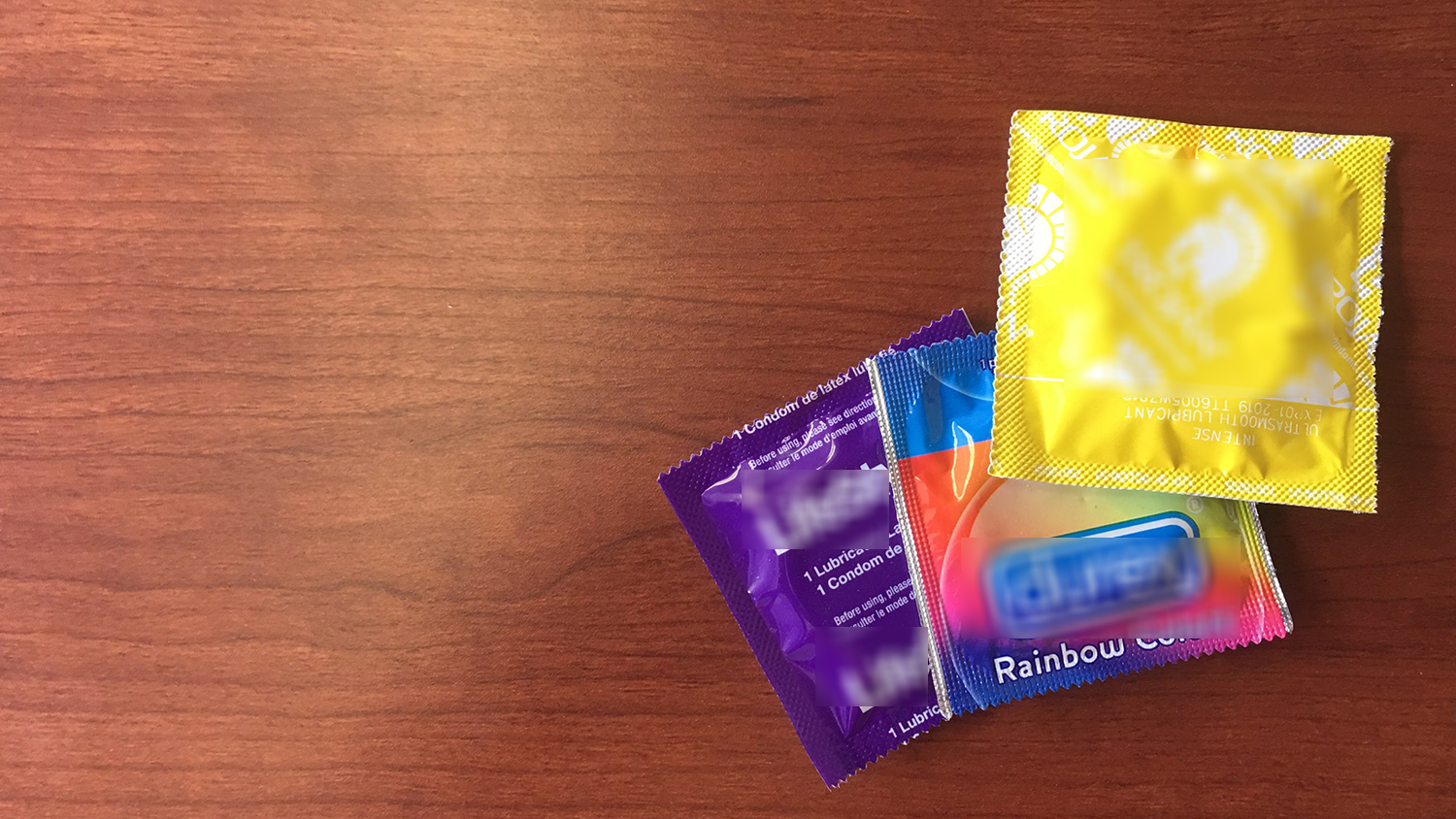For Immediate Release
A recent study from North Carolina State University and the University of North Carolina at Chapel Hill finds that a 45-minute online sexual health program improved the ability of teen girls to communicate effectively about safe sex.
“This is important because there’s a robust body of research showing that the ability to talk about sexual health with a partner, such as a willingness to talk about condoms, is one of the strongest predictors of whether a couple will engage in safer sex,” says Laura Widman, lead author of a paper describing the work and an assistant professor of psychology at NC State.
To put this in context, a 2015 survey from the CDC indicates that only 57 percent of high school teens who are sexually active used a condom in their most recent sexual encounter. This puts teens at risk of unwanted pregnancy or sexually transmitted diseases (STDs), such as HIV.
For the more recent study, Widman and her collaborators worked with a group of 222 girls between the ages of 15 and 17. All of the study participants took an initial survey that asked about a host of issues related to their sexual knowledge, attitudes and behaviors.
Half of the participants were randomly selected to take part in the online sexual health intervention developed by Widman, called Health Education and Relationship Training (HEART). The other half of study participants served as a control group and took part in an online program unrelated to sexuality or sexual health.
After taking part in their respective program, the HEART and control groups were given a sexual communication skills test. The test asked participants how they would respond in several sexual scenarios. For example, how would they respond to a partner who wanted to have sex when they did not.
All participants then took the sexual knowledge, attitudes and behavior survey a second time. The study participants took the survey a third time four months later.
The researchers found that girls who took part in the HEART program – a one-time, 45-minute intervention – were more confident and assertive about communicating with their partners. In other words, HEART participants were better able to refuse risky sexual behaviors partners might suggest.
“The shift in assertiveness is small – HEART participants were 5 percent more assertive than the control group – but one of the key findings here is that a short, one-time intervention can have a measureable impact on behavior,” Widman says.
“One of the other key findings is that, immediately after the intervention, HEART participants were 12.5 percent more confident about their ability to obtain and use condoms,” Widman says.
This improvement in confidence about condom use persisted at the four-month follow-up, but declined to 5 percent. Other improvements that persisted after four months included more positive attitudes about condoms and increased knowledge about HIV and STDs. Importantly, the intervention did not increase sexual activity. Girls who completed HEART were no more likely to be sexually active at the four-month follow-up than girls in the control group.
“This is a preliminary study, but it shows that the HEART intervention can make a difference in the sexual health of adolescent girls,” Widman says. “We’d like to replicate the program on a larger scale and are working on ways to extend the positive effect of the intervention. We’re also working on a project aimed at improving sexual health communication skills in boys.”
The paper, “Sexual Assertiveness Skills and Sexual Decision-Making in Adolescent Girls: Randomized Controlled Trial of an Online Program,” is published in the American Journal of Public Health. The paper was co-authored by Jeni Burnette, an assistant professor of psychology at NC State; Kristyn Kamke, a Ph.D. student at NC State; and Carol Golin and Mitch Prinstein of UNC-Chapel Hill. The work was done with support from the National Institutes of Health under grants R00 HD075654, K24 HD069204, P30 AI50410, P30 DK56350, and P30 CA1608. Additional support came from the NC State College of Humanities and Social Sciences Research Office.
-shipman-
Note to Editors: The study abstract follows.
“Sexual Assertiveness Skills and Sexual Decision-Making in Adolescent Girls: Randomized Controlled Trial of an Online Program”
Authors: Laura Widman, Jeni Burnette and Kristyn Kamke, North Carolina State University; Carol Golin and Mitch Prinstein, University of North Carolina at Chapel Hill
Published: Nov. 21, American Journal of Public Health
DOI: 10.2105/AJPH.2017.304106
Abstract:
Objective: To evaluate the efficacy of an interactive, web-based sexual health program called HEART (Health Education And Relationship Training) that focuses on developing sexual assertiveness skills and enhancing sexual decision-making in adolescent girls.
Methods: Participants were 222 tenth grade girls (mean age = 15.2; 38% White, 29% Hispanic, 25% Black) who were randomized in Fall 2015 to the HEART intervention or an attention-matched control. Participants were assessed at pre-test, immediate post-test, and 4-month follow-up.
Results: Treatment and control group participants were similar in their demographic and sexual behavior characteristics at pre-test. At immediate post-test, girls who completed the HEART program demonstrated better sexual assertiveness skills measured with a behavioral task, as well as higher self-reported assertiveness, intentions to communicate about sexual health, STD knowledge, safer sex norms and attitudes, and condom self-efficacy compared to the control condition. At 4-month follow-up, group differences remained in HIV/STD knowledge, condom attitudes, and condom self-efficacy.
Conclusions: This brief, online sexual health program can improve short term outcomes among adolescent girls and offers an exciting new option in the growing array of digital health interventions available to youth.
- Categories:



